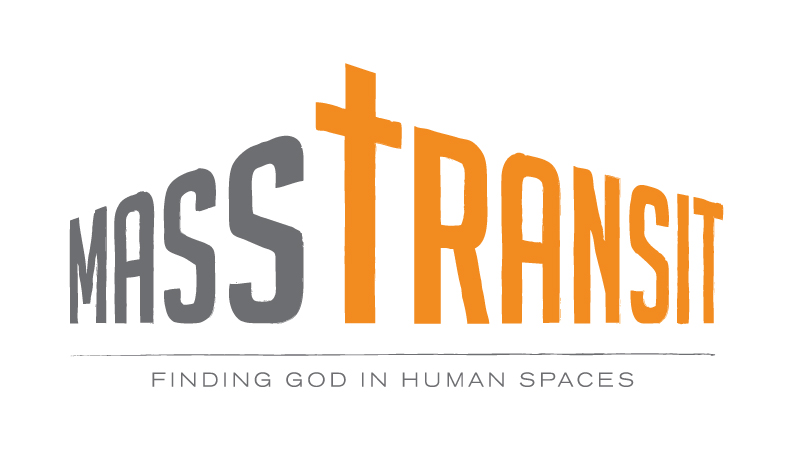A Pain in My . . .
Last Tuesday, I was rushing to catch the 4:20. It was raining and the sidewalk was slippery and treacherous. The wind pulled violently at my umbrella, making me unbalanced.
Then I felt a sharp, stabbing pain in the ball of my foot.
At first I thought a rock or a pebble had gotten into my shoe. I shook my leg and foot as I walked, hoping to dislodge it. I took a few steps. Whatever was stabbing my foot was still there.
I thought about taking off my shoe and removing it, but I was running late enough as it was. If I stopped, I would surely miss the train. I kept moving, limping along as I tried to minimize the pain. I lurched along Madison street like some kind of hobgoblin.
When I got on the train, I finally took off my shoe. Blood streamed from the bottom of my foot. I looked at the bottom of my shoe and found that a shard of glass about had pierced its sole. I pulled it out, and finding an unused tissue in my coat pocket, I covered the wound as best I could.
I have been commuting for years, and his is the first time that it ever drew blood. The experience made me think about sin and attachments.
When talking about sin and attachment, it helps me to begin with the First Principle and Foundation articulated by St. Ignatius of Loyola in the Spiritual Exercises:
Man is created to praise, reverence, and serve God our Lord, and by this means to save his soul. The other things on the face of the earth are created for man to help him in attaining the end for which he is created.
Hence, man is to make use of them in as far as they help him in the attainment of his end, and he must rid himself of them in as far as they prove a hindrance to him.
Therefore, we must make ourselves indifferent to all created things, as far as we are allowed free choice and are not under any prohibition. Consequently, as far as we are concerned, we should not prefer health to sickness, riches to poverty, honor to dishonor, a long life to a short life. The same holds for all other things.
Our one desire and choice should be what is more conducive to the end for which we are created.
Sin, to paraphrase St. Augustine, is simply an inordinate desire, a desire that leads us away from praising, serving, and loving God. An attachment is a particular way we cling to those desires. Like the glass in my shoe, sin and attachment cause suffering. Let me explain.
I had stepped on a piece of glass which wounded my foot. The wound in my foot is like the wound to my relationship with God, a wound caused by my desires for things other than God. I did not stop to attend to that wound--to remove the glass and stop the bleeding--because I was focused on catching the train. My attachment to catching the train prevented me from healing; in fact, it might have made the glass cut deeper into my foot. Similarly, our attachments--the way we cling to patterns of behavior and ways of thinking--prevent us from recognizing that our desires are for something other than God.
Not until I got to the train was I free of my attachment. This freedom allowed me to take off my shoe, remove the glass, and tend to my wound. Likewise, we need to be free of our attachments in order to reorient our hearts toward God.
Lent is a time of liberation. The disciplines of Lent--praying, fasting, and almsgiving--are meant to help free us from our attachments so that we may love God with all our heart, with all our soul, and with all our mind, and to love our neighbor as ourself. (Matthew 22:37,39) The disciplines of Lent give us the space to take off our shoes, find the shard that wounds us, remove it, and treat our wound so we can become whole.
And that is the whole point of our commute--to become whole.
